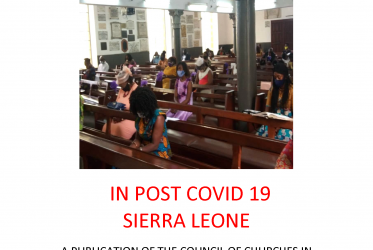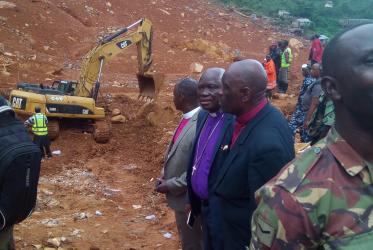Displaying 1 - 20 of 32
21 December 2022
WCC offers health and healing workshop at All Africa Youth Congress
07 November 2022
WCC condemns massacre of farmers in Philippines
12 April 2019
All pilgrim routes lead to COP24
11 December 2018
Doing his best without being the best
07 September 2018
#WCC70: A prayer about health and healing
20 July 2018
“Overcoming economic injustice” vision of WCC’s Athena Peralta
23 February 2017
New videos help congregations hasten HIV response
20 October 2016
WCC commends leadership of new human development dicastery
06 September 2016
In Ghana, women bring open minds, honest words
05 July 2016
Voices from HIV workshop reflect deep impact
07 April 2016














